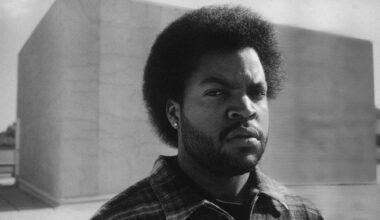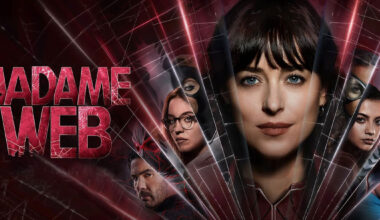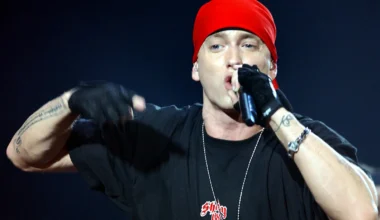When The Beatles split up in 1970, the press jumped to hyperbolic conclusions, sensationalising the acrimony that had become apparent between the members. That said, power struggles did tarnish recording sessions for the final three albums, The Beatles, Abbey Road and Let It Be. Ringo Starr and George Harrison even walked out on the band in critical moments of tension.
Following the sudden and tragic death of The Beatles’ manager, Brian Epstein, in August 1967, Paul McCartney assumed a de facto managerial role. As seen in Peter Jackson’s popular 2021 documentary The Beatles: Get Back, McCartney was the leading creative force throughout the final two albums, much to the upset of Harrison, who struggled to squeeze his songwriting efforts onto records.
McCartney’s stronghold became particularly apparent during the Abbey Road sessions when he forced his bandmates through an arduous recording process for ‘Maxwell’s Silver Hammer’. Apart from a later-added Moog overdub, the song was completed in three consecutive sessions in July 1969. On the first day alone, 16 takes of the backing track were recorded, ending with a total of 21 by the third day.
“Sometimes Paul would make us do these really fruity songs,” Harrison told Crawdaddy in the 1970s. “I mean, my God, ‘Maxwell’s Silver Hammer’ was so fruity.”
John Lennon and Ringo Starr were equally dissatisfied with the song, but all were otherwise particularly pleased with Abbey Road as one of the band’s stronger albums. If it weren’t for ‘Maxewell’s Silver Hammer’, Abbey Road may have been Harrison’s favourite, but instead, the transformative 1966 album Rubber Soul inched ahead.
“Rubber Soul was my favourite album,” Harrison revealed in the 1990s. “Even at that time, I think that it was the best one we made. The most important thing about it was that we were suddenly hearing sounds we weren’t able to hear before. Also, we were being more influenced by other people’s music, and everything was blossoming at that time – including us.”
Harrison was also very proud of The Beatles’ subsequent step into psychedelia in Revolver and Sgt. Pepper’s Lonely Hearts Club Band, despite some reservations about some songs in the latter.
“I liked when we got into Rubber Soul, Revolver — each album had something good about it and progressed,” Harrison opined in a 1977 interview via George Harrison on George Harrison: Interviews and Encounters.
However, the guitarist continued to reveal some records he wasn’t such a fan of. “There were albums which weren’t any good as far as I was concerned, like Yellow Submarine,” Harrison continued. “We put all the songs together into an album form — I’m talking about the English albums now, because the States we found later that for every two albums we had, they’d made three because we put fourteen tracks on an album, and we’d also have singles that weren’t included on albums in those days. They’d put the singles — take off a bunch of tracks, change all the running order and then they’d make new packages like Yesterday and Today, just awful packages.”
Later in the conversation, Harrison also discussed shortcomings in the sound quality of the band’s earlier releases. “Those old records weren’t really stereo,” he explained. “They were mono records, and they were rechanneled. Some of the stereo is terrible because you’ve got the backing on one side. In fact, when we did the first two albums — at least the first album — which was Please Please Me, we did straight onto a two-track machine.”
Listen to The Beatles’ ‘Yellow Submarine’ below.






